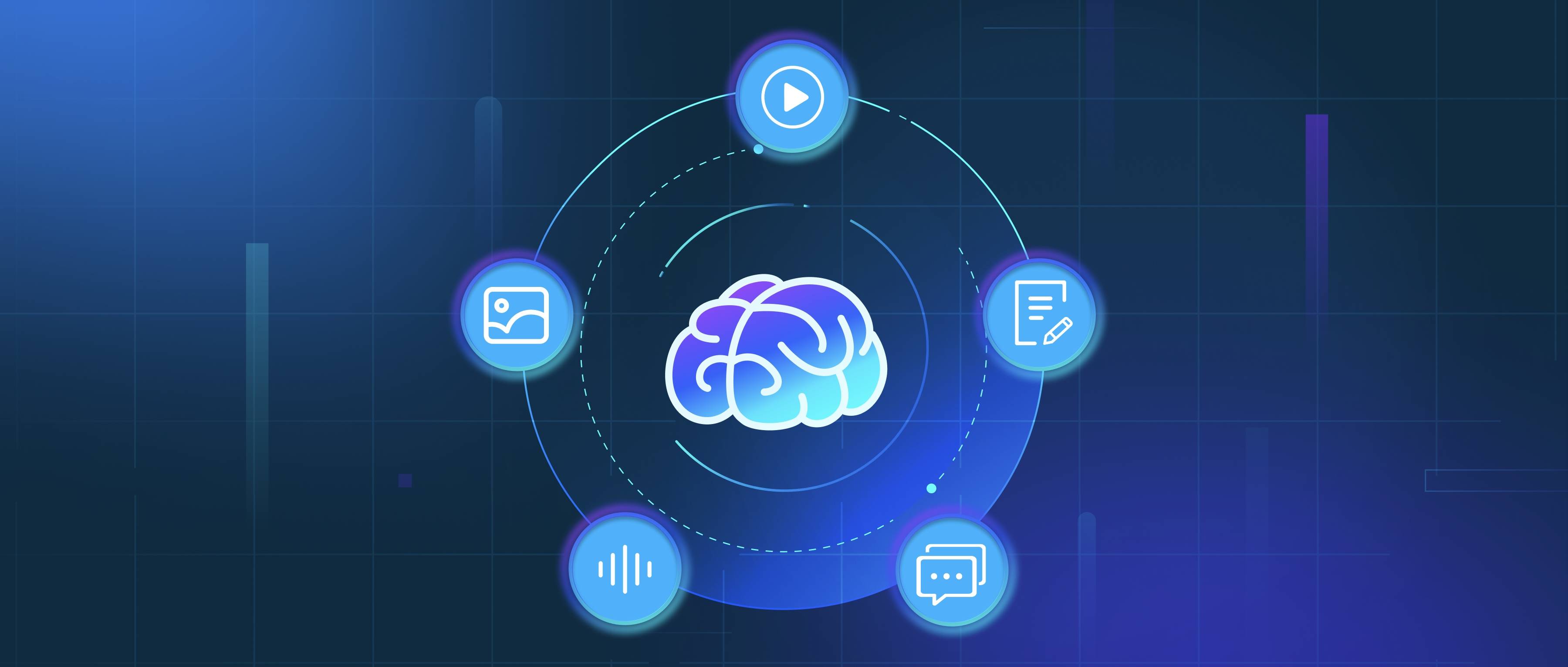OpenAI models, including the ones used for chat and text generation, do not learn from user input over time in the way that you might expect. Instead, they operate based on a fixed dataset on which they were trained prior to deployment. Once trained, these models do not modify their internal parameters or learn from new interactions in real-time. This means that if a developer interacts with the model today, that input will not influence the model's behavior in future sessions.
However, OpenAI may collect and analyze user interactions to improve future versions of the model. For instance, if a particular type of request consistently produces undesired results, OpenAI could use aggregated data to retrain the model on relevant examples or adjust its behavior in subsequent updates. This approach helps enhance the overall performance of the model, but it is performed in a batch process, not dynamically or immediately based on individual user interactions. Therefore, developers should understand that while feedback can inform future improvements, the current model does not adapt or learn from specific instances or users.
In summary, while OpenAI models do not learn from user input in real-time, user interactions can influence the development of future versions. Developers using these models should focus on their current behavior and outputs, knowing that any enhancements will come through updates driven by aggregated data rather than individual user sessions. This understanding is crucial when creating applications or solutions that rely on model performance, as developers should account for the static nature of models between updates.
